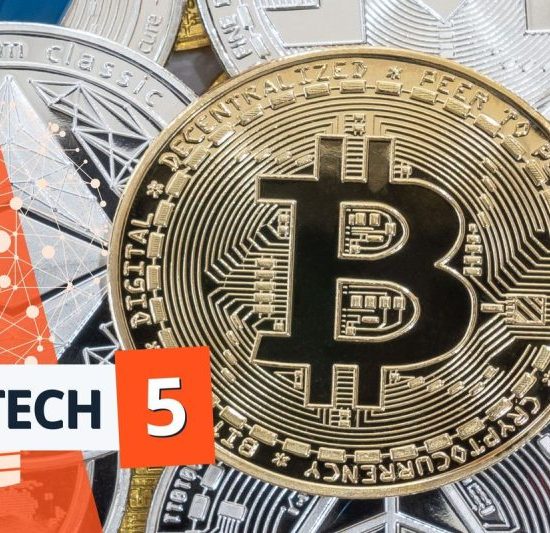The United Arab Emirates, known for its glistening skyscrapers and expansive deserts, has emerged as the hotbed of illegal gold trade, with an unprecedented upsurge in the smuggling of African gold into its territories, according to recent studies. These research findings highlight a robust, albeit hidden, conduit that, over the past decade, has transformed UAE into a global hub for black-market bullion.
The scale of this operation is immense, with billions of dollars’ worth of unrefined gold mined from conflict-ridden areas in Africa being moved through shadowy channels into the UAE. This vast and sophisticated underground network includes diverse actors such as armed groups, unregulated miners, corrupt officials, and murky intermediaries. They collude to bypass international laws and cheat regulatory mechanisms, resulting in significant financial losses for the victim countries and creating significant socio-economic disruptions.
Gold from countries like Sudan, the Democratic Republic of Congo, Central African Republic, and several others, seethes with stories of human rights abuses, child labor, environmental devastation, and support for rebel groups. The smuggling of this conflict gold not only fuels violence and exploitation in these African nations but also facilitates a thriving parallel economy in the UAE. The exceptionally high demand for gold in the Emirates, driven by its use in jewelry, investment, and various industrial applications, further stimulates this unlawful inflow.
The secrecy surrounding the origins of this gold is preserved through a convoluted chain of transactions that start in makeshift mines in African backwaters and end in the gleaming souks of Dubai. Very few of the smuggled yellow metal shipments are hindered, due primarily to lax enforcement and regulatory measures in many African nations and the UAE’s loosely interpreted gold trade laws. Moreover, these illegal activities are further exacerbated by the inability of authorities to efficiently track and regulate the flow of illicit gold.
The uncontrolled gold smuggling into the UAE negatively impacts Africa’s economies as it bypasses their national tax systems, contributing nothing to economic growth or development. At the same time, illegally acquired and smuggled gold fuels illicit financial flows, facilitates money laundering, and provides a revenue stream for organized crime and terrorist organizations.
Yet, combating this illicit trade requires a well-synchronized international effort. It isn’t something one nation can do alone. Increasing transparency, enhancing customs enforcement, improving traceability measures, and encouraging a broader international cooperation are paramount.
The UAE has started taking steps to clean up its gold industry. It has introduced new regulations that demand more extensive documentation of imported gold’s supply chain, and it plans to carry out more stringent audits of its gold-refining sector. However, these revisions remain in the early stages and need serious commitment to high-level enforcement and stricter penalties for non-compliance to bring about far-reaching changes.
In conclusion, the issue of illicit gold smuggling from Africa to the UAE entails grave repercussions. This multi-billion dollar illicit network not only destabilizes African economies and perpetuates conflicts but also undermines global gold trade ethics. Only a persistent and coordinated world effort can dismantle this thriving black market, restore justice in trade, and halt the continuous spilling of blood and sweat in African mines. The UAE and other implicated countries must take comprehensive and stringent measures to nip this formidable challenge in the bud.




